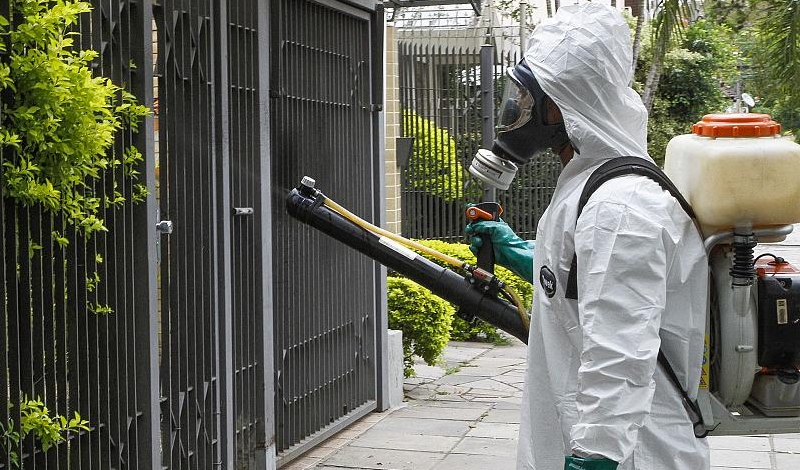Countering a global health emergency
On February 2nd, Malteser International, the Order of Malta international Relief Corps, began operations to contain the Zika Virus in the Colombian departments of La Guajira and Magdalena. The virus, transmitted by a type of mosquito, has been associated with severe brain damages in infants, and a range of other neurological complications. In the remote and severely impoverished areas of Colombia where the Order of Malta relief corps has been working since 2014, facilities for treating the disease are extremely rare, meaning that stopping the virus from spreading is an even more pressing concern. “At the moment, we are working on preventing the spread of the virus by informing the population, and we will be providing families – especially those including pregnant women – with prevention kits including mosquito nets, repellent and insecticide,” said Jelena Kaifenheim, Malteser International’s Latin America Coordinator.
The current drought in the region has made locals even more vulnerable to the spread of the disease: “standing and stagnant water is the perfect breeding ground for the mosquitos that carry the disease,” Kaifenheim said. “The drought has left a lot of rivers here just stagnant water, and this means that a lot of people are storing water in uncovered containers in their homes. This underlines the importance of our information campaign: a vase of flowers, a glass of water on the bedside table, even a toilet cistern, can all be a danger, and we have produced flyers and information material to make people aware of the risks. The drought means that providing fumigation on a village level is crucial to protect communities from the spread of the virus.”
Malteser International is working in close collaboration with the Colombian Association of the Order of Malta and with local health authorities in the fight against Zika, and is assessing the possibility of further interventions to prevent the spread of the disease and provide treatment to infected people.
The rapid spread of the Zika virus led the World Health Organization to declare it a Public Health Emergency of international concern on Monday, February 1st. Between 3-5 million people are expected to be affected on the American continent alone, and according to the WHO, the virus is currently present in 25 countries, of which Brazil, Venezuela and Colombia are the most severely affected. Preventing Zika from spreading is now a top priority for health authorities and international organizations.










